This article describes the available card types, card layouts, and RFID technologies for Smart ID Physical ID.
Card types
The following card types are included in the Physical ID module:
|
Card type |
Description |
Layout |
|---|---|---|
|
Employee card |
For employees |
Employee card |
|
External card |
For persons that are not employed, for example consultants and contractors. Differences from Employee card:
|
External card |
|
Employee temp card |
Personal replacement card for a limited period of time. A temporary card does not have a photo on it, but can have a certificate. |
Temporary card |
|
External temp card |
Personal replacement card for a limited period of time. A temporary card does not have a photo on it, but can have a certificate. |
Temporary card |
Card layouts
Nexus provides standard templates for the three standard card types. As part of the implementation project for the Physical ID module, Nexus consultants or partners do the following customizations of the layouts:
-
insert customer's logotype
-
change colors
-
change text fields
-
select orientation (landscape or portrait)
The following standard card layout templates are used.
In English:
Your Company 170914 A175254 Standard Template Employee-2_EN_WithoutChip.pdfYour Company 170914 A175255 Standard Template External-1_EN_WithoutChip.pdfYour Company 170914 A175256 Standard Template Temporary-2_EN_WithoutChip.pdf
In Swedish:
Your Company 170914 A175254 Standard Template Employee-2_SE_UtanChip.pdfYour Company 170914 A175255 Standard Template External-1_SE_UtanChip.pdfYour Company 170914 A175256 Standard Template Temporary-2_SE_UtanChip.pdf
RFID technology
Most common RFID technologies are supported in the Physical ID module, both low frequency (125 kHz) and high frequency (13.56 MHz) technologies, for example:
-
Electro-marine (EM) - 125 kHz
-
MIFARE DESFire - 13,56 MHz
-
Legic - 13,56 MHz
Two RFID technologies can be combined on the same card. For a complete list of supported RFID technologies, see Card SDK requirements and interoperability.
It is assumed that the customer provides the encoding details. As an additional service, Nexus can help out to find out the required encoding details.
